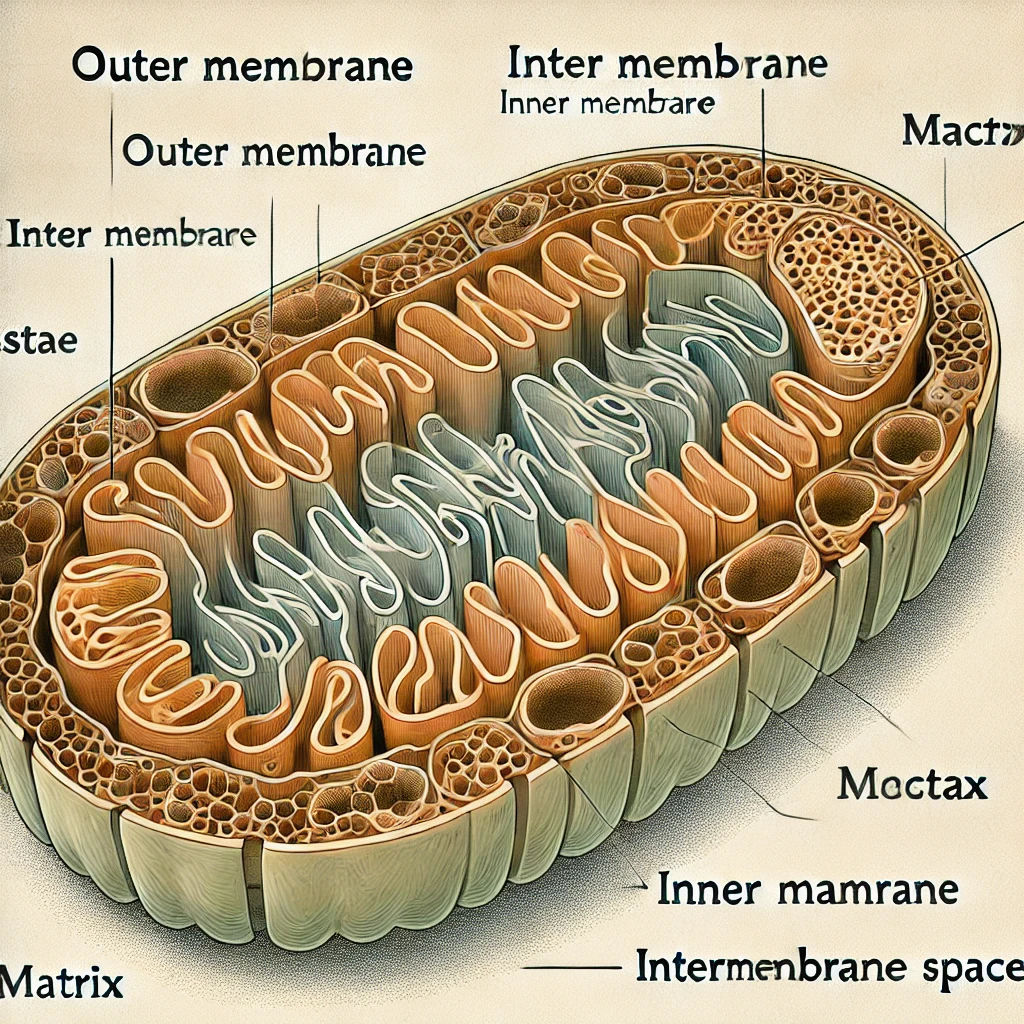
This past weekend, I had the privilege of attending the Parker Seminars in Las Vegas, one of the premier health and wellness conferences in the U.S., held annually in late winter or early spring. This year's event, taking place in late March at the Caesars Convention Center, was particularly enlightening, especially a session led by Dr. Dan Murphy, a renowned expert in whiplash injuries.
Over the past 25 years, Dr. Murphy has significantly influenced my understanding and treatment of whiplash injuries. His teachings, which I first encountered back in 1998, have been pivotal in shaping my career. This year, his focus was on the role of mitochondria, the powerhouse of our cells, in health and disease.
Dr. Murphy's class delved into how mitochondrial function relates to inflammation, cellular repair, and the specific context of whiplash injuries. He explained that during a whiplash incident, when the neck undergoes hyper-extension or hyper-flexion, there's significant stress on the bones, even if not enough to cause a fracture. This stress can lead to:
- Disruption of Piezoelectric Receptors: The stress affects the bone cells' piezoelectric receptors, leading to a calcium influx which triggers premature cell death.
- Inflammation and Fibrosis: This cellular disruption results in inflammation, which over time, leads to fibrosis or scar tissue formation, setting the stage for arthritis.
Dr. Murphy emphasized the importance of an anti-inflammatory diet to mitigate these effects:
- Omega-3 Fatty Acids: Increasing intake of omega-3s while reducing omega-6 fatty acids can help manage inflammation.
- CoQ10 and PQQ: These supplements support mitochondrial health, potentially reducing the degenerative effects post-whiplash.
- Magnesium: Its role in blocking calcium ion channels can be crucial in preventing or lessening the impact of whiplash injuries.
The insights from Dr. Murphy's session extend beyond just whiplash recovery. He highlighted that maintaining good systemic health through diet and lifestyle can:
- Enhance flexibility and blood flow.
- Reduce blood pressure and stress on the heart.
- Alleviate aches, pains, and inflammation in joints, tendons, and muscles, thereby promoting mobility and overall health.
The Parker Seminars provided a wealth of knowledge, particularly through Dr. Murphy's session on the intricate relationship between cellular health and physical injuries like whiplash. His teachings remind us that our approach to health should be holistic, considering not just the injury but the body's overall biochemical environment. I look forward to sharing more insights from this enriching weekend, as we continue to learn and grow in our understanding of health and wellness.